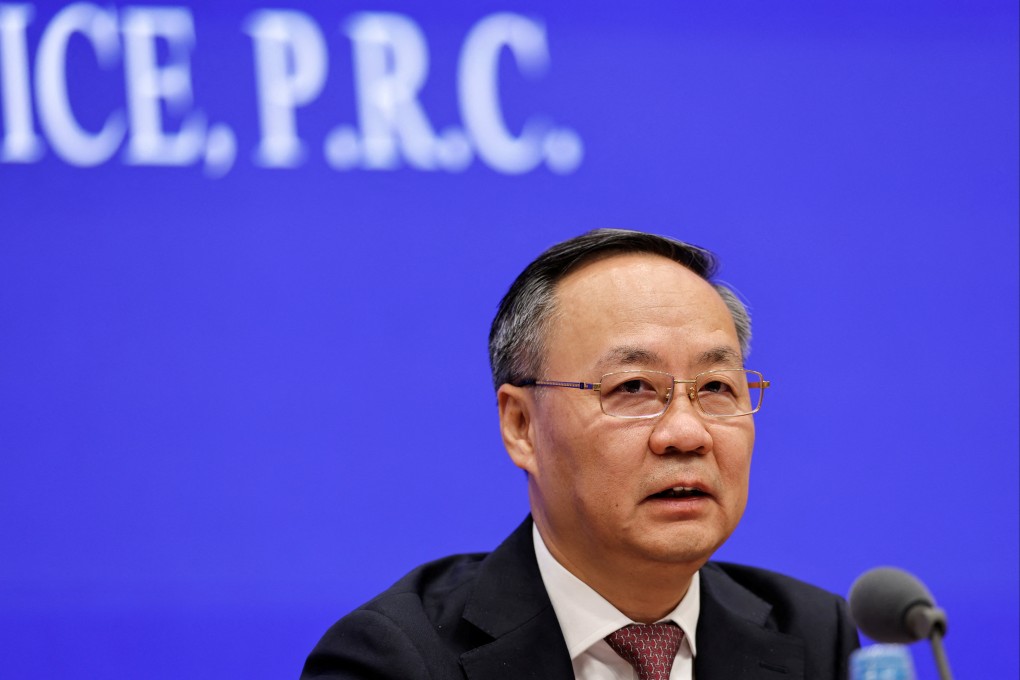Beijing encourages investment in struggling start-ups, but are big banks ready?
Beijing’s encouragement for banks to boost investment in unlisted companies is a big move in the effort to support start-ups, analysts say

Chinese authorities are now allowing the financial asset-investment arms of major commercial banks to increase their allocations to private companies, Li Yunze, director of the National Administration of Financial Regulation (NAFR), said during a briefing on Tuesday. The upper limit for investments in a single private-equity fund has been raised to 30 per cent from 20 per cent.
He said the proportion of on-balance-sheet equity investments will rise to 10 per cent from 4 per cent.
“Chinese state-owned mega banks typically aren’t involved in direct equity investments in tech start-ups,” said Li Ying, head of financial institution ratings at S&P Global (China) Ratings. “So the new policy announced [on Tuesday] is very significant,”
“By easing restrictions, [authorities are] sending a signal to the market that bank capital is going to play a more significant role in the capital markets, [especially in] mergers and acquisitions,” said Su Jinyu, an associate at Jingtian & Gongcheng, a Beijing-based law firm.
This is a “well thought-out and significant” regulatory decision, grounded in the need for financial security and stability, Su said.
